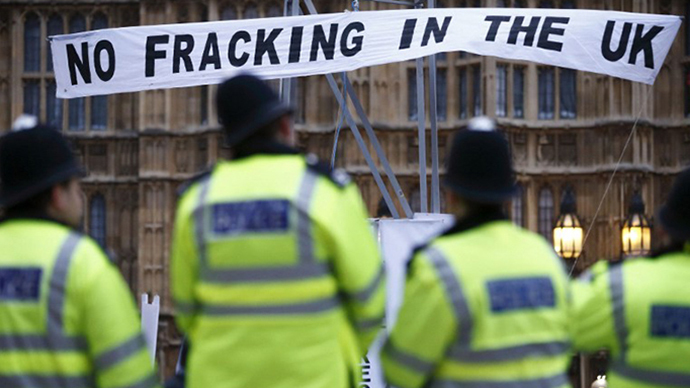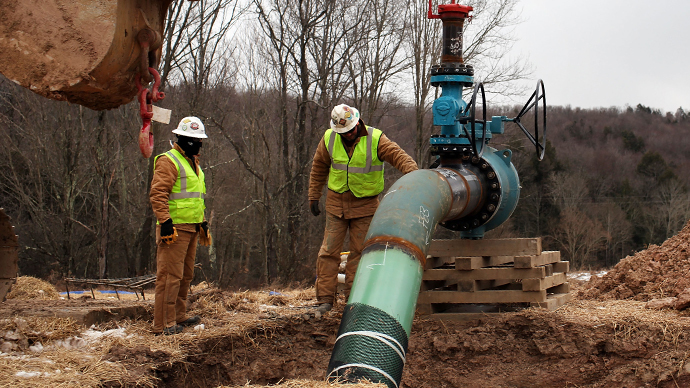The British chancellor, George Osborne, has announced a 30% tax rate for shale gas producers, less than half the amount paid by the conventional oil and gas industry, in a bid to enhance the UK’s energy security.
The 30% tax rate is designed to kick start investment into what the chancellor hopes will be an important new industry for Britain; it compares to 62% tax on all new North Sea oil fields and 81% for older offshore operations.
This puts shale gas on a par with a handful of conventional oil and gas fields such as the deep-water sites off the west coast of Shetland, which are high risk and particularly difficult to develop. Deep water sites have also been given a 30% tax rate on profits in order to encourage their development.
“Shale gas is a resource with huge potential to broaden the UK’s energy mix. We want to create the right conditions for industry to explore and unlock the potential in a way that allows the communities to share the benefits,” said Osborne in an announcement on Friday.
He has said he will force shale gas companies to pay local communities 100,000 per well, in the hope that this will persuade them to be more sympathetic to fracking in their area.
“This new tax regime, which I want to make the most generous for shale in the world, will contribute to that. I want Britain to be a leader of the shale gas revolution – because it has the potential to create thousands of jobs and keep energy bills low for thousands of people,” he said.
But environmental groups were quick to point out holes in the chancellor’s scheme.
“The chancellor is telling anyone who will listen that UK shale gas is set to be an economic miracle, yet he’s had to offer the industry sweetheart tax deals just to reassure them that fracking would be profitable,” Lawrence Carter from Greenpeace told the Guardian.

While Andrew Pendleton from Friends of the Earth said it was a disgrace to be handing out cash incentives to polluting energy firms while everyone else in austerity Britain is being told to tighten their belts.
Public support in largely against fracking as an energy alternative, as a recent survey found that almost 80% of those asked believed the UK should reduce its reliance on fossil fuels.
The UK’s ruling collation government is split over the issue. While the Tories back fracking and are against more onshore wind farms, the Lib Dems, including the energy secretary Ed Davey, are supportive of green power and are not convinced that shale will bring down household bills.
Expert opinion back the Lib Dems stance on shale with the UK energy regulator Ofgem, Deutsche Bank and the company in receipt of the chancellor’s tax break Cuadrilla, saying that it won’t bring down energy bills for consumers.
But as Britain’s old coal fired power stations are gradually being closed down and new nuclear power plants are years behind schedule, the government is becoming increasingly desperate to plug the hole in Britain’s energy deficit with short term solutions.
Shale gas is produced by a highly controversial process known as hydraulic fracturing, where a mixture of chemicals, water and sand is blasted into rock to release the hydrocarbons contained in its pores. The procedure is widely used in US, where fracking has increased dramatically in the last six years, and has been linked to earth tremors, water pollution and severe health defects among people living close to wells.
France, which is estimated to have some of the biggest shale gas reserves in Europe, has banned fracking.

